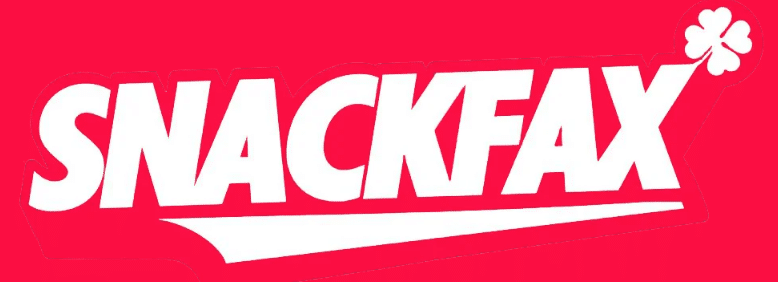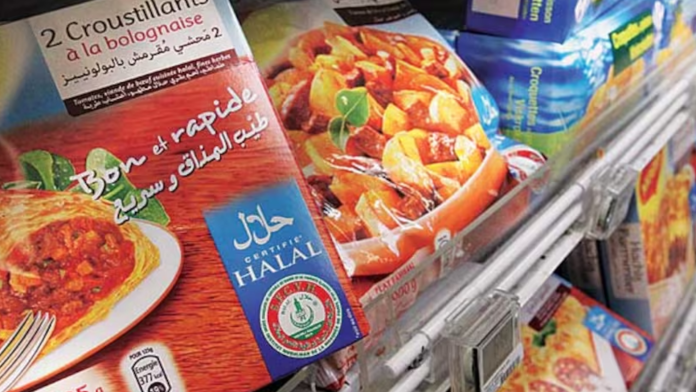On November 18, the Uttar Pradesh government implemented a prohibition on the use of the Halal tag for products. The state government announced an immediate ban on the production, storage, distribution, and sale of food items carrying Halal certification. It’s worth noting that products intended for export are exempt from these restrictions.
“Strict legal measures will be implemented against any individual or firm engaged in the production, storage, distribution, buying, and selling of Halal-certified medicines, medical devices, and cosmetics within Uttar Pradesh,” an official order said.
The order stated that the Halal certification of food products, being a parallel system, introduces confusion about the quality of food items and is deemed untenable under Section 89 of the Food Safety and Standards Act.
“The right to decide the quality of food items lies only with the authorities and institutions given in Section 29 of the said Act, who check the relevant standards as per the provisions of the Act”, it added.
The statement highlighted that specific medicines, medical devices, and cosmetic products are observed to display the Halal certificate on their packaging or labels. However, this practice is deemed inconsistent since there are no provisions in the government rules pertaining to drugs, medical devices, and cosmetics for marking Halal certification on labels. Furthermore, the Drugs and Cosmetics Act of 1940 and its related rules do not make any reference to Halal certification.
The move is a direct response to a filed police case against a company and several other organizations. They stand accused of exploiting people’s religious sentiments to boost sales through the provision of allegedly “forged” Halal certificates.
Entities including Halal India Private Limited Chennai, Jamiat Ulama-i-Hind Halal Trust Delhi, Halal Council of India Mumbai, Jamiat Ulama Maharashtra, and others have been registered in a case. The Uttar Pradesh government stated that they are accused of exploiting religious sentiments to enhance sales by issuing Halal certificates exclusively to customers of a specific religion.
The complainant expressed apprehensions about a widespread conspiracy, suggesting purported efforts to unlawfully reduce the sales of products from companies without the Halal certificate, as stated by the Uttar Pradesh government.
According to the statement, these companies purportedly provided counterfeit Halal certificates to numerous businesses for financial benefits, thereby not only fueling social discord but also breaching public trust.
Jamiat Ulama-i-Hind Halal Trust, in response, categorically dismissed the accusations as “baseless” and affirmed its commitment to take “necessary legal measures to counter such unfounded claims.”
The food commissioner’s office stated that the labels of specific food items such as dairy products, sugar, bakery products, peppermint oil, salty ready-to-eat savories, and edible oils, feature the mention of Halal certification.
Halal certification serves as an assurance that the food is prepared in adherence to Islamic law and remains free from adulteration. Products containing animals or animal byproducts deemed prohibited under Islamic law are ineligible to receive halal certification.
Precisely, halal foods are products made, produced, manufactured, processed, and stored using machinery, equipment, and/or utensils that have been cleansed in accordance with Islamic law. These foods are free from any components that Muslims are prohibited from consuming.


